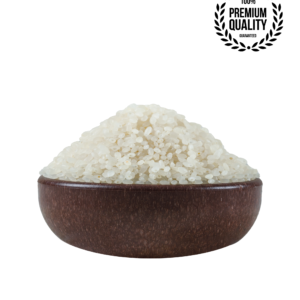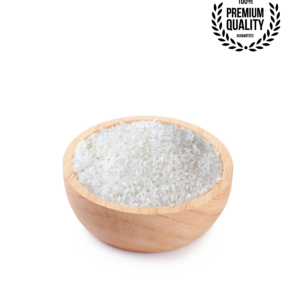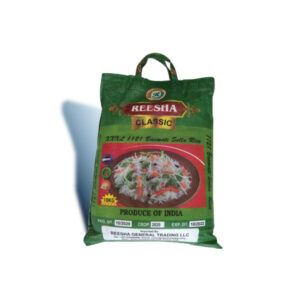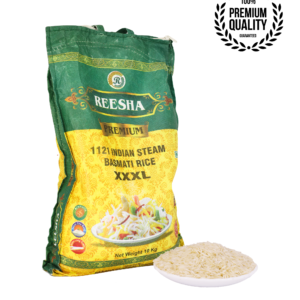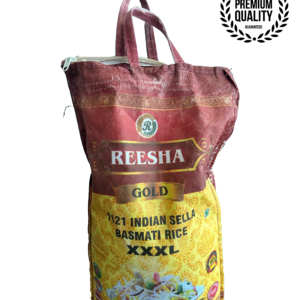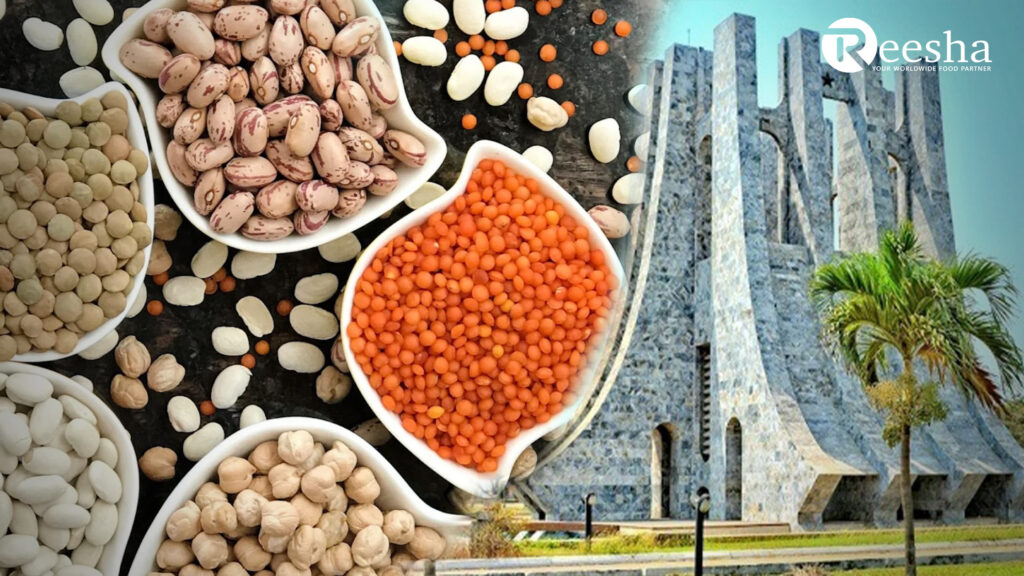
Elevating Food Safety: Empowering Food Importers in Tanzania
As food importers in Tanzania strive to uphold the critical importance of food safety, we at Reesha General Trading acknowledge the significance of ensuring the well-being of consumers. Being one of the top food exporters to Tanzania in the UAE, we know the dynamics and trend in the Tanzanian market. With our extensive range of food items, such as cooking oil, rice, wheat flour, pasta, canned vegetables, sugar, and more, we are dedicated to implementing best practices that maintain the highest standards of food safety. In this blog post, we will delve into the essential steps that food importers in Tanzania undertake to ensure food safety and discuss how these practices can benefit the entire industry.
Partnering with Reputable Suppliers
One of the first steps for food importers in Tanzania is to establish strong relationships with reputable suppliers. Thoroughly vetting potential suppliers helps ensure that they adhere to strict quality control standards and follow proper food safety protocols. At the forefront of this effort, Reesha General Trading, a prominent importer in Tanzania, meticulously evaluates suppliers to ensure they share a commitment to food safety.
Implementing Stringent Quality Control Measures
Food importers must implement stringent quality control measures at every stage of the supply chain. This involves conducting regular inspections and audits of suppliers’ facilities to assess their adherence to international food safety standards. We maintain strict quality control procedures to guarantee the safety and integrity of the exported food products.
Adhering to Regulatory Requirements
Food importers in Tanzania must stay abreast of the country’s food safety regulations and ensure compliance with all relevant standards. This includes understanding labeling requirements, product registration processes, and permissible limits for contaminants or additives. By diligently adhering to these regulations, importers can assure consumers that the food they offer meets legal safety requirements.
Implementing Robust Storage and Transportation Practices
Maintaining proper storage and transportation conditions is crucial for preserving the quality and safety of imported food products. Importers must invest in adequate storage facilities, including temperature-controlled environments, to prevent spoilage and contamination. Additionally, employing suitable transportation methods, such as refrigerated trucks, helps maintain the integrity of perishable goods during transit.
Conducting Regular Quality Testing
Routine quality testing is an essential aspect of ensuring food safety. Importers should collaborate with reputable laboratories to conduct comprehensive testing for microbial contaminants, pesticide residues, heavy metals, and other potential hazards. These tests provide crucial insights into the safety and quality of imported food products. This allows importers to take prompt action if any issues arise.
Joining Forces for Food Safety: Uniting Food Importers in Tanzania and Across East Africa
We firmly believe that ensuring food safety is a shared responsibility among all food importers in Tanzania and across East Africa. By following the steps mentioned in the blog, it is the duty of the food importers in Tanzania and the wider East African region to prioritize food safety. We continue to prioritize food safety in our operations. Also, we encourage them to join us in implementing these best practices. Together, we can build a safer and more reliable food supply chain for the benefit of consumers in East Africa.
FAQ
How does partnering with reputable suppliers contribute to food safety for importers in Tanzania?
Partnering with reputable suppliers ensures that the imported products meet stringent quality control standards. Thoroughly vetting suppliers and conducting inspections and audits help identify any potential risks or non-compliance issues, ensuring the safety and quality of the products.
What are some key elements of stringent quality control measures implemented by food importers in Tanzania?
Implementing stringent quality control measures involves establishing comprehensive protocols to monitor and evaluate the quality and safety of imported products. This includes regular inspections, testing, and adherence to international food safety standards to ensure that the products meet the highest standards of quality and safety.
Why is it important for food importers to adhere to regulatory requirements?
Adhering to regulatory requirements is crucial for food importers to demonstrate their commitment to consumer safety and gain trust in the market. Importers must stay updated on food safety regulations, such as labeling requirements, product registration processes, and permissible limits for contaminants or additives, to ensure compliance and provide safe and compliant food products to consumers.

